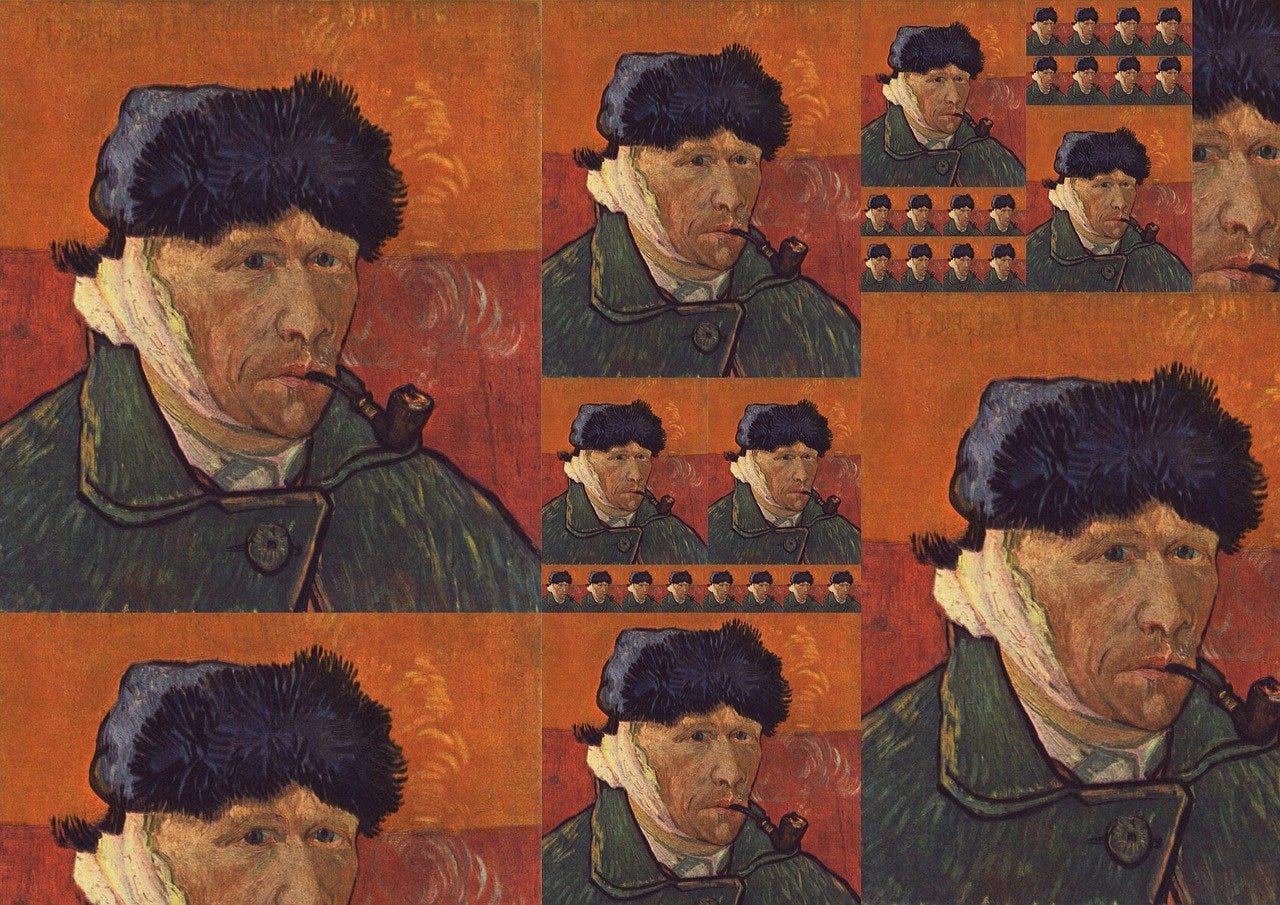Mixed episodes: A bittersweet phenomenon
How mixed episodes in bipolar disorder (don't) affect your personality
I often see him walking around downtown. He's a guy in his thirties who constantly swears and makes gestures at passersby. Most people know him and don't react, but he's learned to move quickly so he can avoid fights.
Sometimes he is smiling and being polite, while other times he is as I describe. Sometimes he is deep in thought, while other times he shouts loudly, scaring passers-by. Sometimes he is so depressed that he cannot even leave the house, and so I do not see him. Other times, however, I do.
This person comes to mind when I talk about the mixed episodes of bipolar disorder. But in order not to confuse what we know even more, let's take a closer look at what these episodes are.
Initially, we define a depressive episode as an episode that contains some of the symptoms listed in a mental health specialist's manual. If it is only depression, it is called a unipolar episode, while if it is combined with mania (also a condition roughly opposite to depression), then we say that there is bipolar disorder 1. If the symptoms of mania are milder, then we call it hypomania and refer to it as bipolar 2.
Mixed episodes include symptoms of both depression and mania and are very dangerous for the individual. Not because they may be depressed and anxious, but because they are very impulsive and may end up harming themselves. Particular care is needed in managing these episodes.
And how can they be treated, in combination with medication and psychotherapy? With adequate sleep, avoiding coffee and alcohol, maintaining a stable routine, and incorporating activities that promote relaxation and well-being into the plan.
Now we come to the key question: Can these episodes alter your personality? Literally speaking, no. There are personality disorders that alter personality, but mixed episodes simply affect and interfere with the tip of the iceberg, not the personality itself.
So why are they so sweet but bitter at the same time? Because if they are not treated, the person may behave normally, but their relationships, work, salary, savings, appetite, and especially their daily life will be affected. They will lose their functionality.
In closing, and arguing at the same time, think about that young man. With the right support, acceptance, love, and encouragement from society, he will be able to excel, fight all his demons, and ultimately win the battle he is fighting.
But think how difficult it would be if he were insulted, beaten, and excluded from society by being called names. He would have a hard time and ultimately need more support and acceptance.
Mixed episodes are perhaps the strangest pphenomenon in the field of psychology. Or perhaps one of the phenomena that require special care. After all, everything bittersweet is "scary," right?


